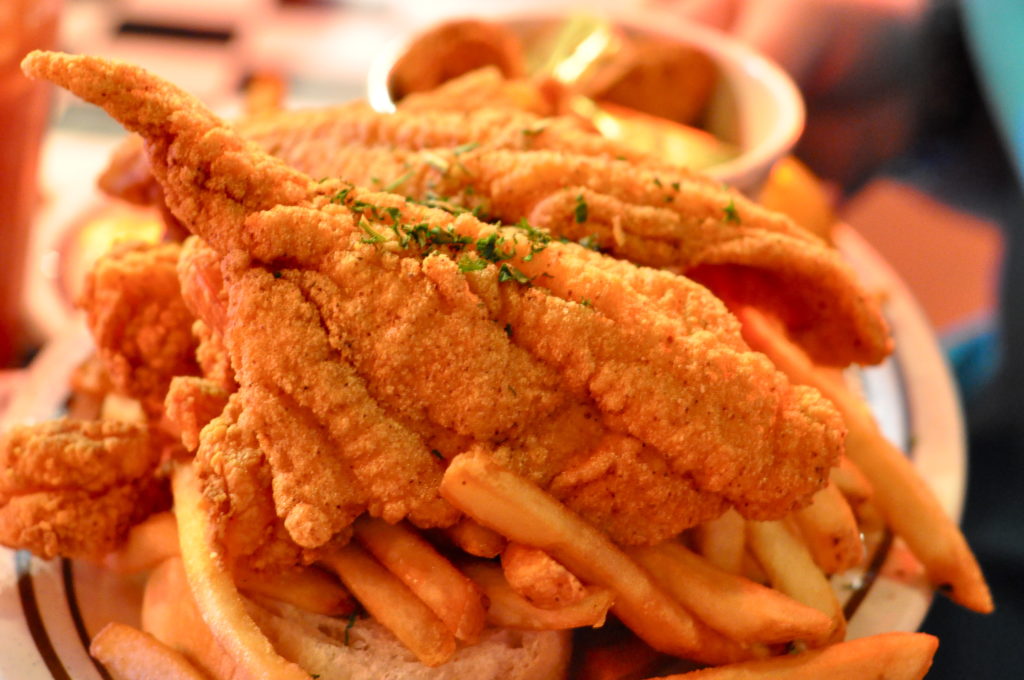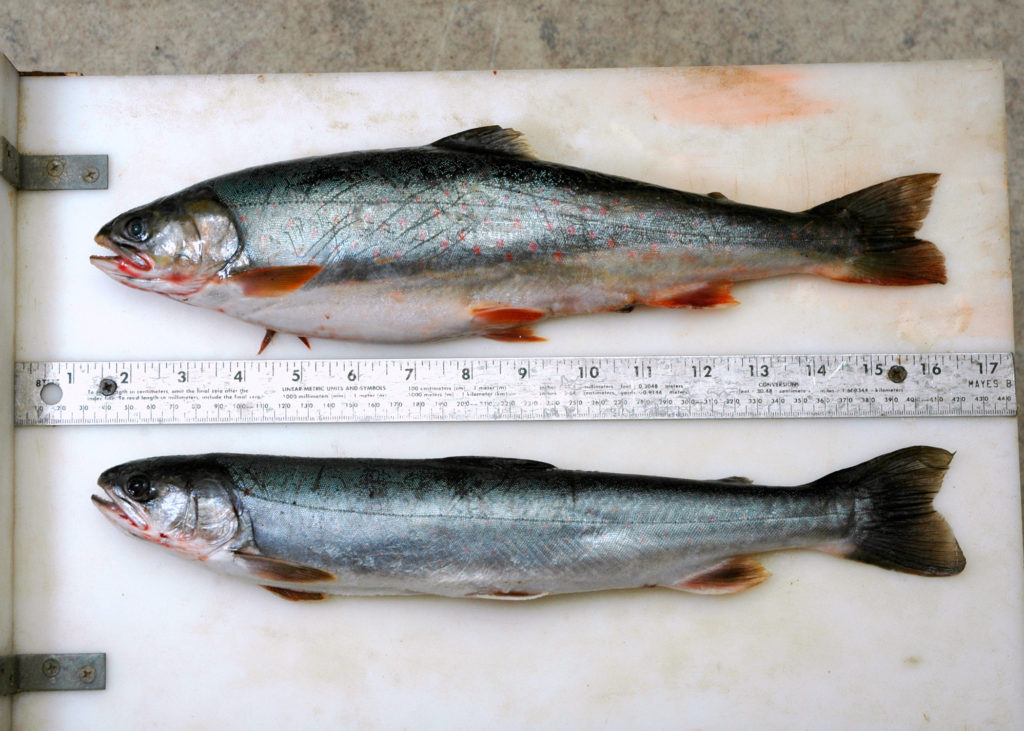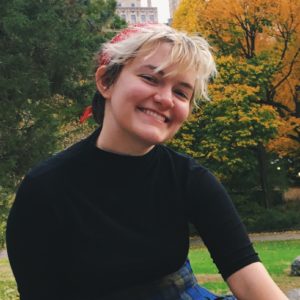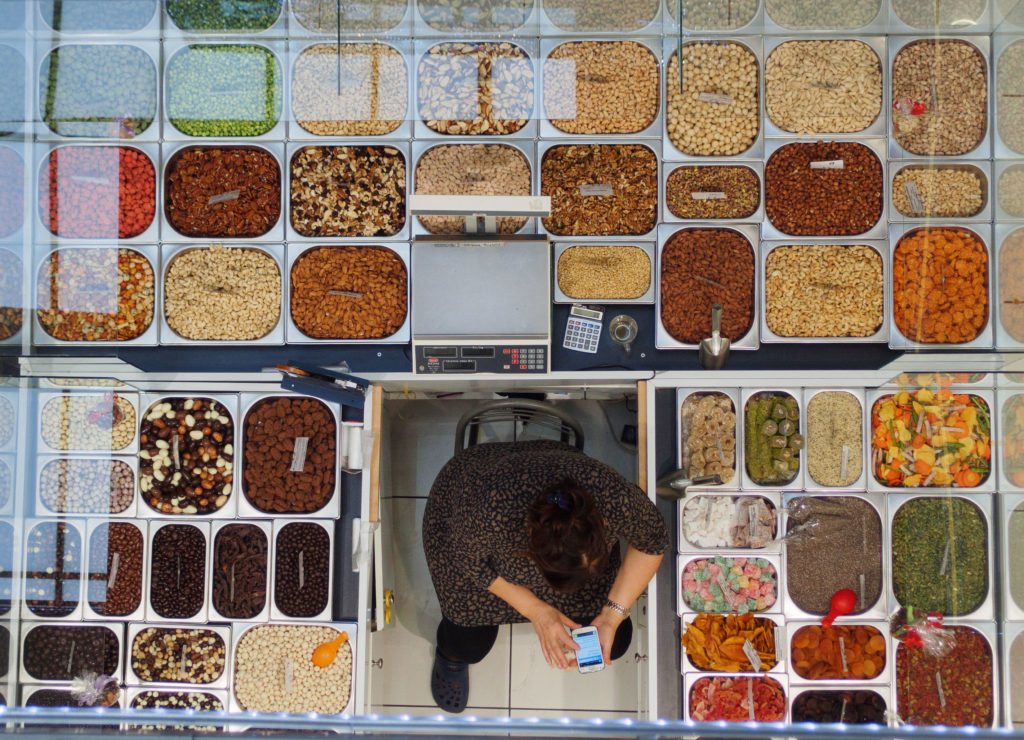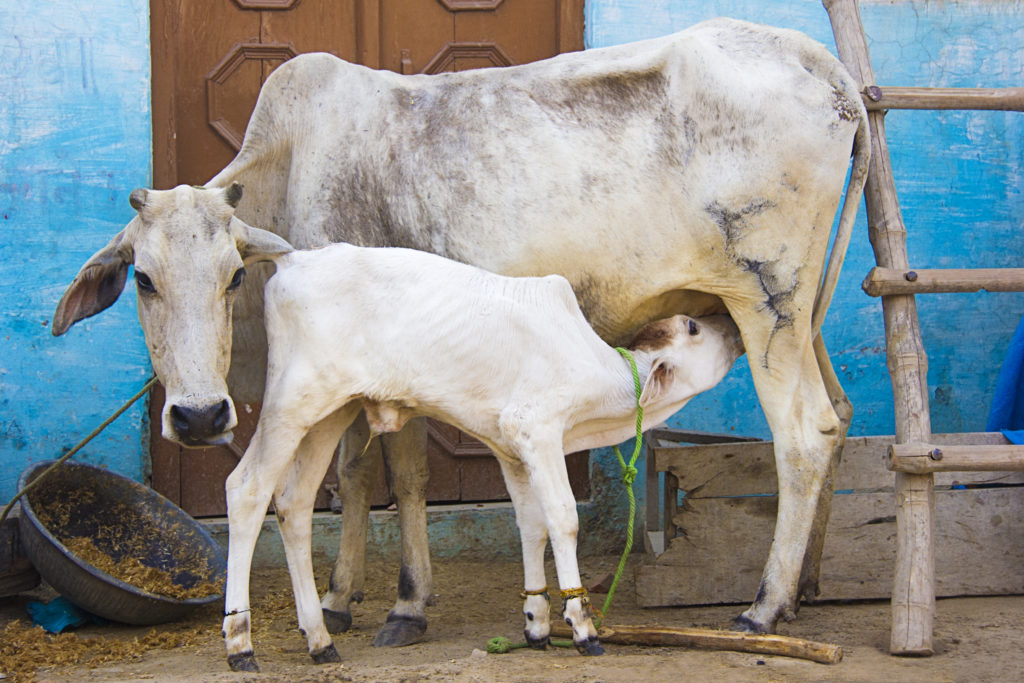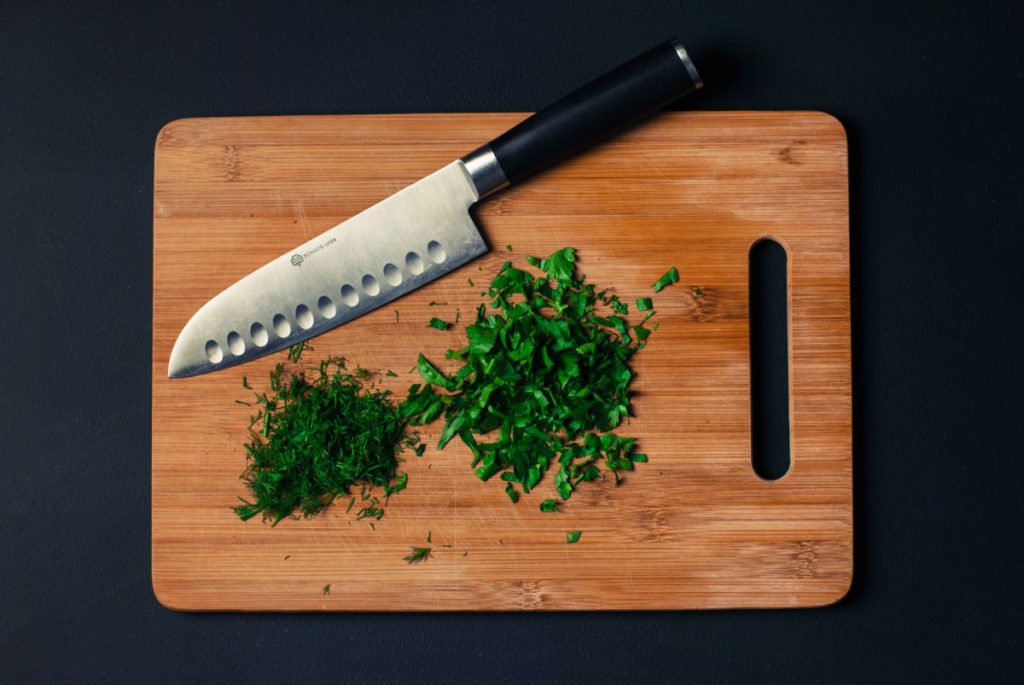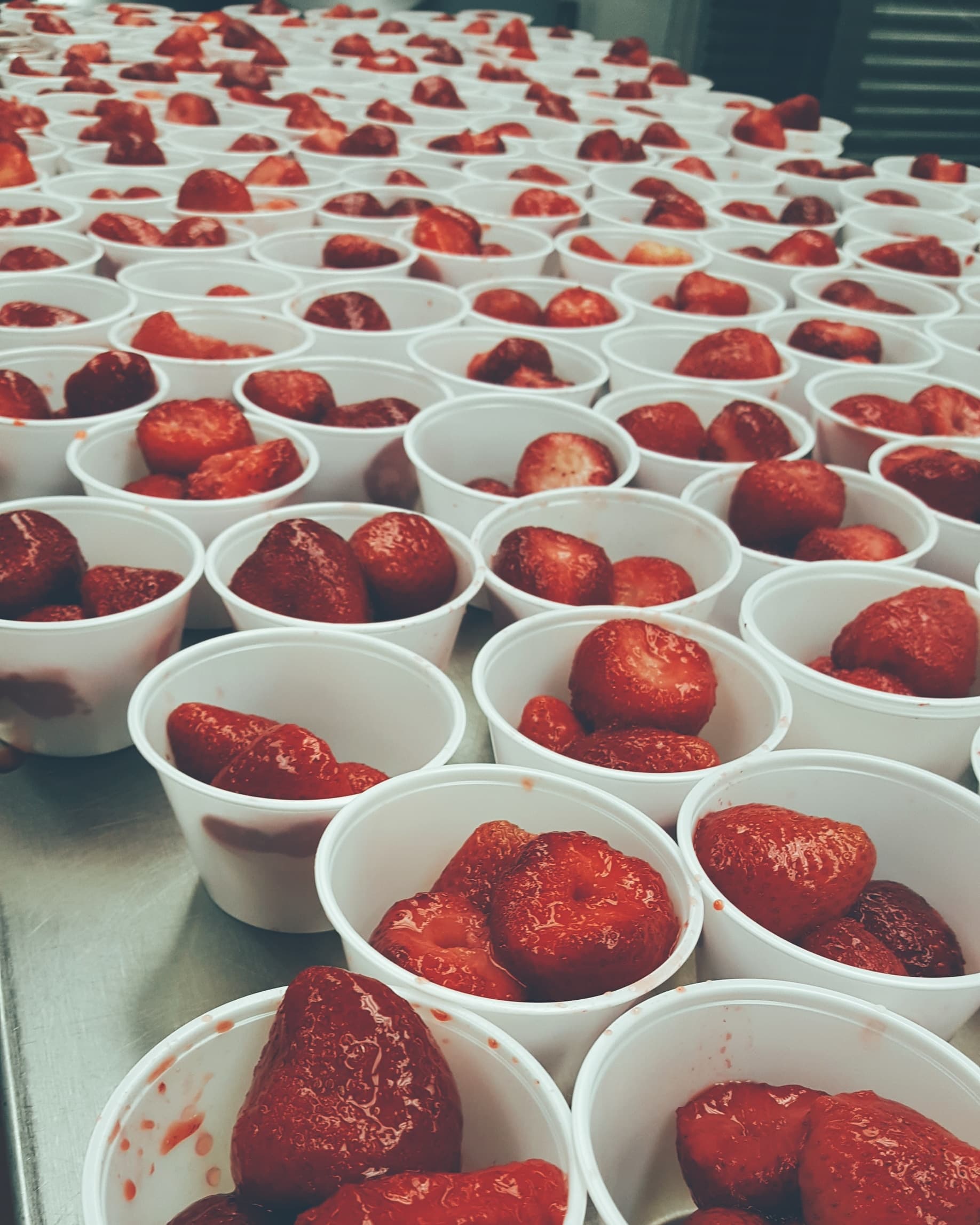I had a Noni once—for my first eight years—who lived on a poor street in a tidy tenement apartment where her grandchildren always found ice-box cake in the fridge: layers of graham crackers, pudding, bananas, and whipped cream sprinkled with cinnamon. In the freezer, in every season, double stick root beer ice pops. And in the treats drawer, a cellophane bag of Circus Peanuts—orange colored but banana-flavored, hard marshmallow and shaped like giant peanuts in the shell, the texture of dried sponge, sweeter than a sugar bowl.
By the time I was seven, Noni’s diabetes had taken her right leg and much of her joy in eating, so she no longer dug into the peanuts bag with me, or snapped an ice pop into two for us to share. The day we took our usual walk to the neighborhood bakery to buy our weekly bag of coffeecake crumbs for a nickel and she didn’t share them with me was one of the saddest days in my little life.
* * *
One treat Noni still loved was her Black Jack gum, stored in a special place at the top of the kitchen hutch, off limits to her four children and eight grandchildren. Off limits even to her beloved youngest grandchild—me. I was the only kid allowed to detach her artificial leg so I could cozy up on her lap while she leaned out the window to sing Italian songs with ladies at windows across the alley.
For a long while, I never cared about the gum. Who wanted to chew something that made your teeth resemble wet charcoal and your tongue look like you had been sucking on a black marker? But oh, how I loved the gum’s pungent smell, its blue and white packaging. I’d stand on the kitchen stepstool for many minutes to sniff its sharp, anise-like aroma, fascinated that one candy—not only licorice, but black, my favorite kind—could be the flavor for another candy item. Holy double junk food Batman!
“Go get my gum,” Noni occasionally commanded. Everyone knew this meant bring her the entire pack from its special spot. Only Noni was permitted to extract a precious wrapped stick, slowly unwrap and slide it into her mouth, then smooth and fold the wrapper and slip it into her baggy smock pocket. Then she’d hand the pack back, and watch as it was returned it to its rightful place.
* * *
By early evening on one cold and windy winter Saturday, Noni and I had already made pizza, played checkers, and sung along with Mitch. While she rested, I read to her from a book about horses; she liked that because she couldn’t read English. When we ran out of entertainment, she told me stories while I flicked the lock-and-release lever on her wooden leg.
I had a root beer pop, sucking out the fizzy sweetness for as long as I could make it last. Then I picked up the dust of the bakery crumbs with a wet finger. Finally, with nothing left to capture my attention, I remembered the gum, and asked if I could try a piece.
“You may no like,” Noni said. “It’sa strong.”
“But I love licorice. Please?”
The edge of her mouth twitched into a tiny one-sided smile, and she motioned toward the hutch.
I balanced the stick solemnly on my tongue before letting it touch my teeth. It was everything I feared—chalky, with the strongest flavor; like and nothing like black licorice—and every good thing I’d imagined: bold and bitter in the way coffee and other fabulous and forbidden adults-only foods must taste.
Noni died just a few months later. I asked for her thin, worn old quilt and slept under it until leaving for college.
* * *
I forgot all about Black Jack gum until I went shopping last fall, in search of a container to pack up my son’s college linens.
About three miles from my comfortable suburban home—halfway to the site of Noni’s old tenement, razed now for a highway entrance ramp—stands a shiny new store overflowing with everything for the home: gadgets, pillows, clocks, art, containers of every sort. There’s an eclectic food section too that features things like salted-kale-pumpkin-soy cookies, bacon-flavored Georgia grits mix, and antioxidant Wisconsin cherry preserves. Tucked randomly in-between are offbeat vintage offerings: cans, bottles, and packages of foods I thought had vanished long ago. The Circus Peanuts and the Black Jack gum brought my cart to a halt.
My teeth ached just remembering the orange sugary Peanuts, but I bought a single pack of the gum. In my head I heard Noni’s startled grunt. “Two-fifty for gum?” followed by some Italian curse word.
Back home, I place the pack on my kitchen table, where my chair rests near my back window. From there, I can’t see any neighbors, though I have a sudden urge to open a window, lean out, and sing some old Italian song. Instead, I open my laptop and learn that Black Jack was the first flavored gum, the first to appear in stick form, and has a long reputation for calming acid reflux. Noni frequently complained of agita, and I picture her pressing flattened fingers against her chest while making a sour face. Did those moments coincide with her asking for gum? I don’t remember.
For the moment, I leave the gum there on the table, not sure yet whether I want a piece or just want to know I have the pack nearby. Then I move on to my original task: filling the plastic container I bought with the sheets, blanket, and quilt my son will need in his dorm room. As I fold up his quilt, I wonder for the third or fourth time if he’d rather have a new one. He’s opted to bring the quilt he was allowed to select when we repainted his room back in sixth grade; it feels a bit worn and I think it’s a little juvenile. But I say nothing, smooth my hand over it, close the lid.
Finally, I unwrap one piece of Black Jack and balance it on my tongue. I smooth the wrapper, then fold and stick it in the pocket of my yoga pants. Then I tuck the gum pack behind a fancy pitcher on the top shelf of my dining room hutch. Who knows, I may go looking for it some windy cold Saturday.
 Lisa Romeo is the author of Starting with Goodbye: A Daughter’s Memoir of Love after Loss (University of Nevada Press, 2018). Her work is widely published, including in the New York Times, Brevity, Under the Sun, Hippocampus, and listed as Notable in Best American Essays 2018 and BAE 2016. She teaches in the MFA program of Bay Path University, and works as a freelance editor. Lisa lives in New Jersey with her husband and sons. Find her at http://lisaromeo.net/
Lisa Romeo is the author of Starting with Goodbye: A Daughter’s Memoir of Love after Loss (University of Nevada Press, 2018). Her work is widely published, including in the New York Times, Brevity, Under the Sun, Hippocampus, and listed as Notable in Best American Essays 2018 and BAE 2016. She teaches in the MFA program of Bay Path University, and works as a freelance editor. Lisa lives in New Jersey with her husband and sons. Find her at http://lisaromeo.net/


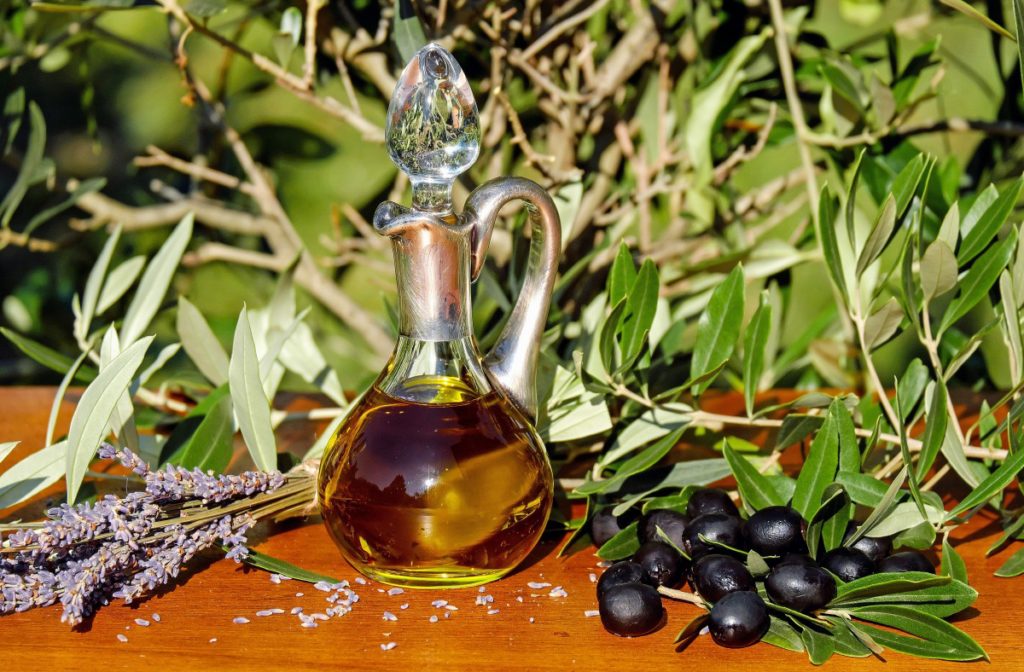
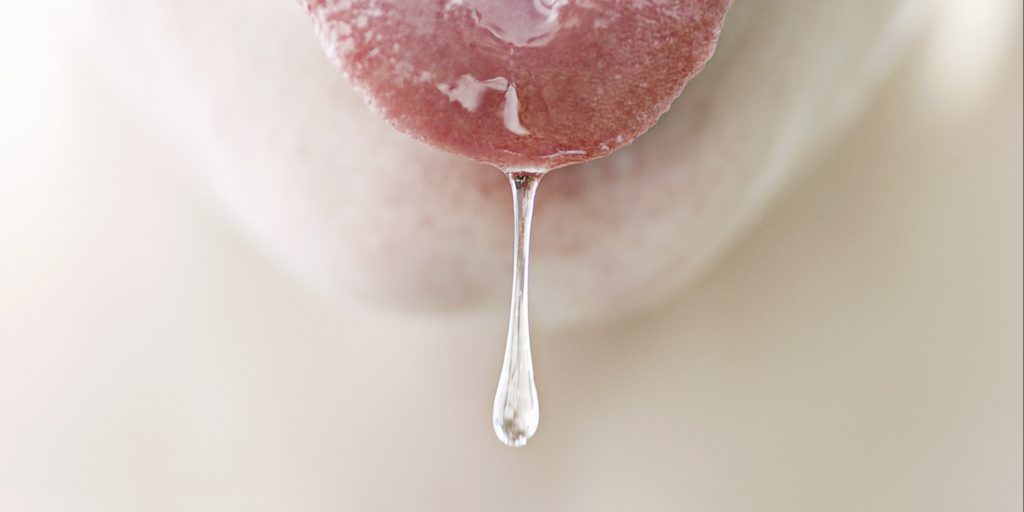
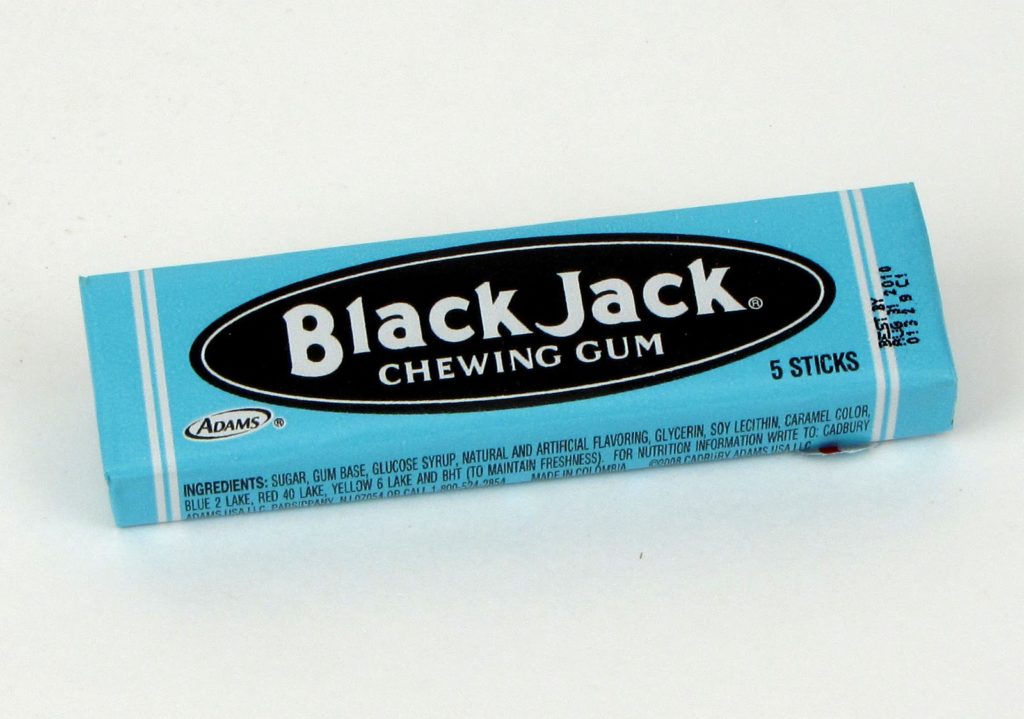
 Lisa Romeo is the author of
Lisa Romeo is the author of 